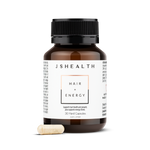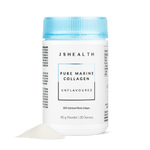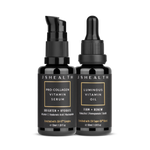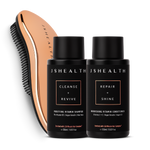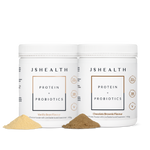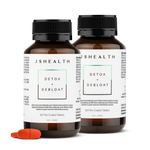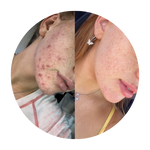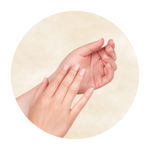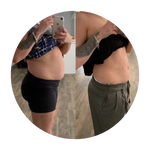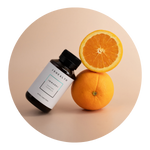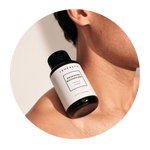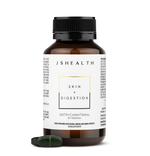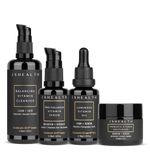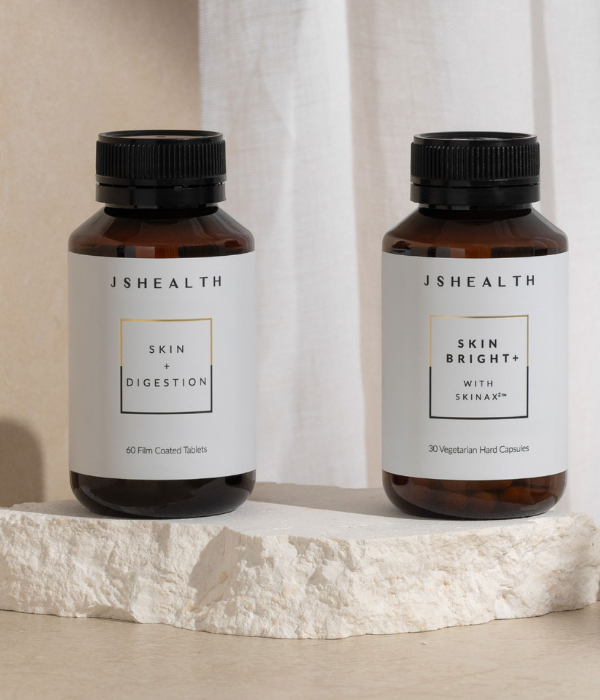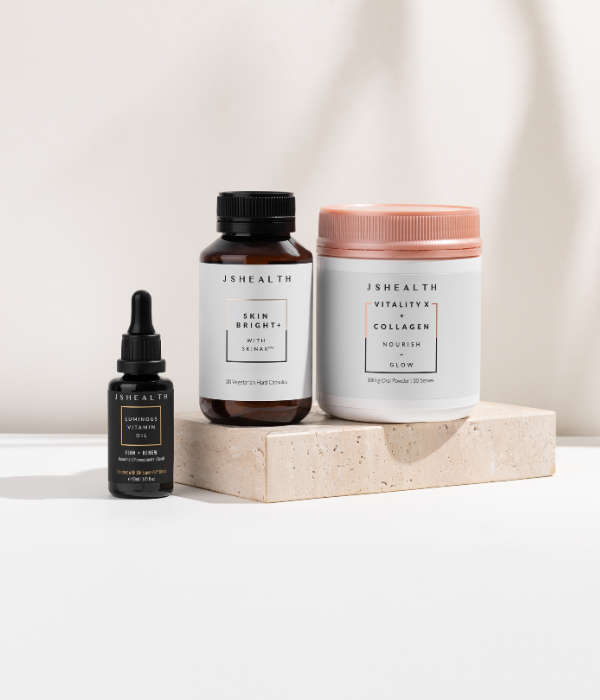Why should you start preparing for Menopause in your 30s?
In our recent Menstrual March survey, many of you asked about more information on perimenopause and when to start thinking about this stage of life. Hint: it may be earlier than you think!
Your 30s are a wonderful time to start preparing in order to set the stage for a smoother transition, ensuring you're well-equipped to embrace these changes with confidence and ease.
What is perimenopause? What is menopause?
Perimenopause means "around menopause" and refers to the time during which your body makes the natural transition to menopause, marking the end of the reproductive years. Menopause is the moment when a woman has not had a menstrual period for 12 consecutive months and can no longer become pregnant naturally1.
When does it start?
Women start perimenopause at different ages, typically in their 40's but it can be as early as their mid-30's. From here, menopause typically occurs between ages 45 and 55, but the process can begin earlier and vary greatly among women2.
What are the symptoms?
Through perimenopause, symptoms can include irregular periods, hot flashes, night sweats, mood swings, vaginal dryness and decreased fertility as the body adjusts to lower levels of oestrogen and progesterone1. Every woman experiences these changes differently.
Your Perimenopause Checklist
- Eat calcium-rich foods: Incorporate leafy greens, fortified cereals and even tofu into your diet. Calcium contributes to strong bones, which becomes more important as you age.
- Choose healthy fats and proteins: Think walnuts, lean chicken and healthy fats from sources like avocado.
- Limit processed foods, alcohol and refined sugars: These can contribute to inflammation and disrupt hormonal balance.
- Prioritise quality sleep: Aim for 7-8 hours of restful sleep each night.
- Move your body gently: Focus on low-impact exercises like Pilates, tai chi, yin yoga or light walking. They promote flexibility, improve circulation and reduce stress.
- Strengthen your core: Practise Kegels! These simple exercises strengthen your pelvic floor muscles, which can help lessen some of the symptoms of menopause by improving bladder control and sexual function.
Perimenopause is a natural part of every woman's journey. By taking charge of your wellbeing sooner rather than later, you can embrace this transition with grace, compassion and confidence to set yourself up for a smoother transition. Your 30s are a powerful time to invest in your future self!
References:
- Santoro, N., Roeca, C., Peters, B.A. and Neal-Perry, G. (2020). The Menopause Transition: Signs, Symptoms, and Management Options. The Journal of Clinical Endocrinology & Metabolism, 106(1), pp.1–15. doi:https://doi.org/10.1210/clinem/dgaa764.
- Gold, E.B. (2011). The Timing of the Age at Which Natural Menopause Occurs. Obstetrics and Gynecology Clinics of North America, [online] 38(3), pp.425–440. doi:https://doi.org/10.1016/j.ogc.2011.05.002.
